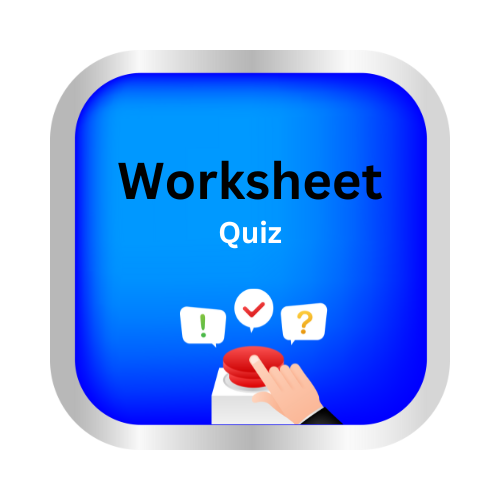Simple past, present and future tense: review
Key Notes:
✨ Simple Past, Present & Future Tense ✨
| ⏳ Simple Past Tense |
🔹 Use: To talk about actions that already happened in the past.
🔹 Form: Subject + past verb (+ object).
🔹 Clues: yesterday, last week, ago, in 2000, etc.
🔹 Examples:
- I played football yesterday. ⚽
- She watched a movie last night. 🎬
| ⏰ Simple Present Tense |
🔹 Use: To talk about habits, facts, and things happening now.
🔹 Form:
- Subject + base verb (+ object).
- Add -s / -es with he, she, it.
🔹 Clues: always, often, every day, usually, sometimes.
🔹 Examples:
- I eat breakfast at 7 a.m. every day. 🍳
- She reads books every evening. 📚
| ⏭️ Simple Future Tense |
🔹 Use: To talk about actions that will happen later.
🔹 Form: Subject + will/shall + base verb (+ object).
🔹 Clues: tomorrow, next week, in 2025, soon, later.
🔹 Examples:
- We will travel to Delhi next month. ✈️
- He will call you tomorrow. ☎️
| 🎯 Quick Review Chart |
| Tense | Formula | Example | Time Words ⏱️ |
|---|---|---|---|
| ⏳ Past | Subject + past verb | She walked to school. 🚶♀️ | yesterday, last week |
| ⏰ Present | Subject + base verb / verb+s | He plays cricket. 🏏 | always, every day |
| ⏭️ Future | Subject + will + base verb | They will dance tonight. 💃 | tomorrow, next year |
| 🌟 Tips to Remember 🌟 |
- ✔️ Past = action is done 🎬
- ✔️ Present = action is happening / habit 🔄
- ✔️ Future = action is yet to come ⏳
let’s practice!

